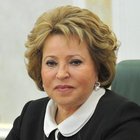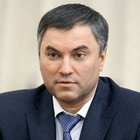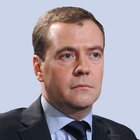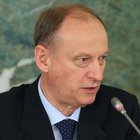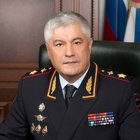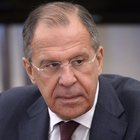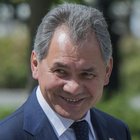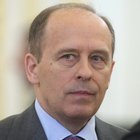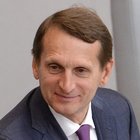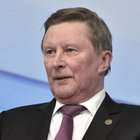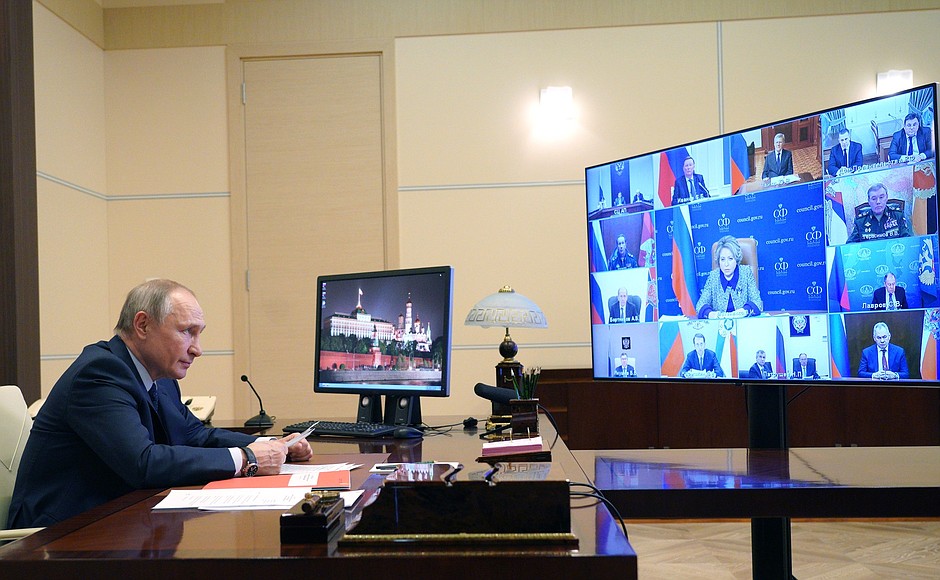
The meeting was attended by permanent members of the Security Council, including Federation Council Speaker Valentina Matviyenko, State Duma Speaker Vyacheslav Volodin, Deputy Chairman of the Security Council Dmitry Medvedev, Chief of Staff of the Presidential Executive Office Anton Vaino, Security Council Secretary Nikolai Patrushev, Minister of the Interior Vladimir Kolokoltsev, Foreign Minister Sergei Lavrov, Defence Minister Sergei Shoigu, Director of the Federal Security Service Alexander Bortnikov, Director of the Foreign Intelligence Service Sergei Naryshkin, and Special Presidential Representative for Environmental Protection, Ecology and Transport Sergei Ivanov and a number of other invitees.
* * *
President of Russia Vladimir Putin: Good afternoon, colleagues!
Today we will review issues related to the state policy on international information security. This is an urgent and extremely important topic.
The 21st century is referred to as a time of breakthroughs in information technology. As we are well aware, this technology is conquering practically all areas of life. These include new systems of transmission and global communications, the so-called Internet of Things and artificial intelligence, e-government services and digital medicine. The traditional areas of activities by the state, society and business are undergoing radical transformation and completely new opportunities are being created for developing the economy and the labour market and improving living standards.
At the same time, new technological solutions engender new risks. We are seeing that the global digital space is often becoming a venue for tough information confrontation, dishonest competition and cyberattacks. All this is fundamentally changing the situation in the world. The digital environment is being used by international terrorists and organised crime. There are many potential threats to common, global security and to individual countries, in part, to their sovereignty and national interests.
Russia was among the first countries to have urged the international community to join efforts in this area which was new for civilisation. Back in 1998, Russia spearheaded a relevant resolution which was adopted by the UN General Assembly. In fact, it was a call for broad-based cooperation in fighting common threats in the cyberspace, primarily attempts to use the latest technology to disrupt international peace and stability.
Moreover, largely thanks to our efforts, information security has become an item on the UN General Assembly’s agenda, and the adoption of a relevant resolution has become an annual event.
Our approaches to forming a global regime for ensuring information security and developing clear-cut rules remain open, transparent and unaltered.
We believe it is necessary to conclude universal international legal agreements designed to prevent conflicts and build a mutually beneficial partnership in the global cyberspace, to use it as much as possible for the sustainable development of each nation, and to create favourable conditions for scientific research and the rapid implementation of the most advanced technological solutions for staving off potential risks.
It is important to jointly develop and agree on universal and fair-for-all rules on the responsible behaviour of states in the cyberspace with clear and easy-to-follow criteria for acceptable and unacceptable actions and to make them legally binding. In other words, each country must strictly follow these rules.
At the same time, we advocate the inviolability of the digital sovereignty of states. This means that each country can independently determine the variables for regulating its information space and the corresponding infrastructure.
To reiterate, we support equality, order and mutual respect in the cyber sphere, as well as its progressive development. Of course, all interested partners should be able to join in the dialogue on this important agenda.
The Basic Principles of State Policy in International Information Security adopted in 2013 was an important phase in this most important, strategic area. The document defined our main goal – to contribute to the formation of a global system for the protection of the international information landscape.
The implementation of this document has led to a number of significant practical steps. In 2018, most of the UN member states approved the Russia-sponsored resolution on international information security, and that resolution was the first to formalise the aforementioned rules of conduct in this area.
In 2019, a specialised negotiating mechanism was launched under the auspices of the UN, also created at Russia’s initiative – the Open-Ended Working Group.
We proposed a few more interesting and forward-looking ideas in this area, including the development of a global convention on the fight against cybercrime, which were supported by many countries.
Today, it is important to be more effective and more active in all the key areas. This is what the new edition of the Basic Principles of State Policy in International Information Security, which we will discuss today, should be doing. The previous one expired in 2020.
In this regard, I would like to highlight several points that I see as crucial.
First, in the updated document, it is important to preserve the continuity of our strategic policy on preventing conflicts in the information landscape. It needs to reaffirm our commitment to the previously declared state policy goals. At the same time, we will need to clarify its priorities with due account for current realities, and adjust them where necessary.
Second, we need to more energetically promote Russia’s initiatives, and intensify our role in the negotiation process.
Let me emphasise – Russia, as before, is open to dialogue and constructive interaction with all its partners, both in a bilateral format and at international platforms and forums, primarily, of course, at the United Nations.
As I have said, in the past few years the UN has paid serious and increasing attention to the issues of ensuring security and developing the international information space. It is necessary to work to turn Russian ideas and proposals in this universal organisation into specific resolutions.
Of course, it is very important to give priority to the development of dialogue on these issues with our closest partners in the CSTO, CIS, SCO and BRICS.
The third point: we must concentrate on developing mechanisms for practical cooperation in ensuring the security of the global information space. The scale for partnership in this respect is exceptionally broad: exchange of experience and joint response to computer incidents, personnel training and research.
We must certainly help our colleagues, including, of course, our closest partners, build information security systems, give them the relevant technology and equipment, and investigate cybercrime through a concerted effort.
And the fourth point, in conclusion, for the effective implementation of the government policy described in the new version of the foundations, we must more actively use the opportunities of scientific and expert circles and the business community, including, of course, the National Association of International Information Security.
To promote Russia’s position, it is important to strengthen existing international discussion venues and create new ones both in Russia and abroad. This is a very solid resource that has not realised its full potential.
And, finally, government bodies must conduct systematic and productive activities in this respect. I am primarily referring to the coordinating role of the Security Council and Foreign Ministry personnel and cooperation between targeted interdepartmental groups.
Let’s discuss in detail today how to make this work more effective; we will start with the reports.
I give the floor to Security Council Secretary Nikolai Patrushev.
<…>
